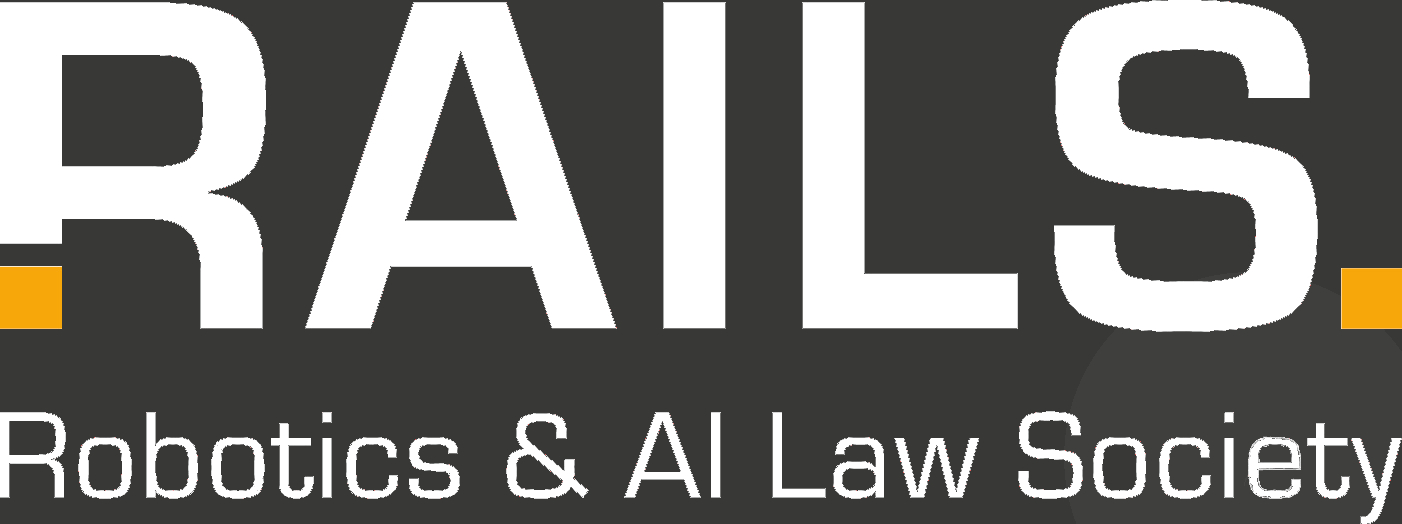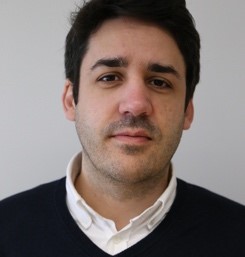The Portuguese Charter of Human Rights in the Digital Age has been adopted in May 2021. The Portuguese lawmaker does not only draw the attention to the fact that the fundamental rights foreseen in the Constitution and other legal acts are also applicable to cyberspace. The 21 articles also, and more importantly, put forward a set of human rights especially relevant in the digital age.
An article by Pedro Miguel Freitas
In the Portuguese Charter of Human Rights in the Digital Age (Law no. 27/2021, 17th may 2021, hereafter “Charter”), we find the right of access to the internet (article 3), freedom of expression and creation in the digital environment (article 4), right of protection against disinformation (article 6), right to meet, to demonstrate, to participate and freedom of association (article 7), right to privacy in the digital environment (article 8), use of artificial intelligence and robots (article 9), right to internet neutrality (article 10), right to develop digital skills (article 11), right to identity and other personal rights (article 12), right to be forgotten (article 13), some rights for users of digital platforms (article 14), right to cybersecurity (article 15), right to freedom of creation and protection of contents (article 16), right against abusive geolocation (article 17), right to a digital will (article 18), digital rights vis-à-vis the Public Administration (article 19), rights of children (article 20) and the digital popular action and other guarantees (article 21).
Most notably, the wording of article 6 of the Charter, that proclaims the right of protection against disinformation, has gathered the attention of the public and led to wide-spread criticism from different stakeholders and civil society in general. To further comprehend the issue at stake, we must firstly look at what this article says:
“1 – The State ensures compliance in Portugal with the European Action Plan against Disinformation, in order to protect society against natural or legal persons, de jure or de facto, that produce, reproduce or disseminate a narrative considered to be disinformation, in the terms of the following number.
2 – Disinformation is considered to be any narrative that is proven to be false or misleading created, presented and disseminated for economic advantage or to deliberately deceive the public, and that is likely to cause public harm, namely a threat to democratic political processes, public policy-making processes and public goods.
3 – For the purposes of the preceding number, it shall be considered information proven to be false or deceiving namely the use of manipulated or manufactured texts or videos, as well as practices for flooding email inboxes and the use of fictitious followers’ networks.
4 – Mere errors in communication are not covered by the provisions of this article, as well as satires or parodies.
5 – Everyone has the right to file a complaint with the Regulatory Authority for the Media against whoever carries out acts provided for in this article (…).
6 – The State supports the creation of structures for verification of facts by duly registered media and encourages the attribution of quality seals by trustworthy entities endowed with the status of public utility”.
To be fair, the notion and scope of disinformation brought by the Portuguese lawmaker is not unprecedented, as it replicates, almost word for word, what is found in the European Action Plan against Disinformation (JOIN(2018) 36 final) and in the Commission Communication on tackling on-line disinformation, (COM(2018) 236). These documents adopt the following definition of disinformation: “verifiably false or misleading information that is created, presented and disseminated for economic gain or to intentionally deceive the public, and may cause public harm. Public harm comprises threats to democratic political and policy-making processes as well as public goods such as the protection of EU citizens’ health, the environment or security. Disinformation does not include reporting errors, satire and parody, or clearly identified partisan news and commentary”.
Although some might prefer to signal article 6 as a well-intentioned attempt to curb the growing threat of fake news, an increasing number of opinion makers in Portugal perceive it as a gateway to censorship. This idea stems from the wording used by the Portuguese lawmaker when drafting article 6. Some argue that the vagueness, ambiguity and broadness of concepts used therein might curtail advertising, political campaigns or even artistic creations. Another frequent source of criticism lies in the attribution of powers on this matter to the Regulatory Authority for the Media and the “structures for verification of facts”. To some, both of these lack the necessary impartiality and independence from the political power. Detractors of the Charter see it as an attack to the freedom of expression by means of a state-driven censorship, reminiscent of the Salazar dictatorship.
In a recent interview, the “father” of the Charter, a member of the Portuguese Parliament (“Assembleia da República”) attempted to debunk aforementioned criticism by clarifying that the State will not do fact-checking of newspapers articles, but will, instead, promote the activity of fact-checking done by registered private media. In his opinion, the concerns around the Charter received will be adequately addressed by further regulation.
Time will tell if the Portuguese Charter of Human Rights in the Digital Age is a misstep or a stepping stone to better protection of fundamental rights in cyberspace. Either way, it is commendable for sparking the public debate on human rights in the digital age and, therefore, exhibiting their importance in today’s world. In retrospective, the Portuguese lawmaker could and should have proposed a more succinct wording, leaving to further regulation the task of defining exactly how each one of human rights enshrined in the Charter must be protected. Therefore avoiding the criticism it has recently attracted. The relevance of the Portuguese Charter is not limited to the Portuguese borders, as Portugal chaired the Council of the European Union until the end of last month and digital transition was one of the priorities of its Presidency. In fact, some weeks ago, the Portuguese prime-minister António Costa presented the Lisbon Declaration on Digital Rights at the event “Digital Assembly”, hosted by the European Commission and the Portuguese Presidency of the Council of the European Union. A document that will serve as a prelude for a future European Charter on Digital Rights. One more reason for the Portuguese Charter to be in the spotlight for the time being.
Published under licence CC BY-NC-ND.


